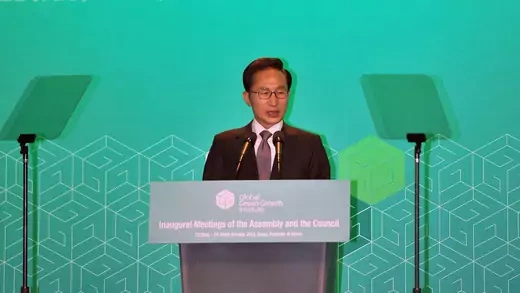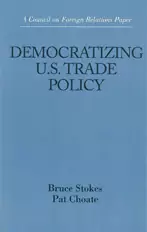- Iran
- Israel-Hamas
-
Topics
FeaturedInternational efforts, such as the Paris Agreement, aim to reduce greenhouse gas emissions. But experts say countries aren’t doing enough to limit dangerous global warming.
-
Regions
FeaturedIntroduction Throughout its decades of independence, Myanmar has struggled with military rule, civil war, poor governance, and widespread poverty. A military coup in February 2021 dashed hopes for…
Backgrounder by Lindsay Maizland January 31, 2022
-
Explainers
FeaturedDuring the 2020 presidential campaign, Joe Biden promised that his administration would make a “historic effort” to reduce long-running racial inequities in health. Tobacco use—the leading cause of p…
Interactive by Olivia Angelino, Thomas J. Bollyky, Elle Ruggiero and Isabella Turilli February 1, 2023 Global Health Program
-
Research & Analysis
FeaturedFollowing a long series of catastrophic misadventures in the Middle East over the last two decades, the American foreign policy community has tried to understand what went wrong. After weighing the e…
Book by Steven A. Cook June 3, 2024
-
Communities
Featured
Webinar with Carolyn Kissane and Irina A. Faskianos April 12, 2023
-
Events
FeaturedJohn Kerry discusses his work as U.S. special presidential envoy for climate, the challenges the United States faces, and the Biden administration’s priorities as it continues to address climate chan…
Virtual Event with John F. Kerry and Michael Froman March 1, 2024
- Related Sites
- More
November 4, 2021
CompetitivenessThe United States should regard distrust, not cooperation, as a baseline condition for starting negotiations around shared global threats and challenges with other major powers, such as China and Russia.

September 12, 2016
G20 (Group of Twenty)Steven A. Tananbaum Senior Fellow for International Economics Robert Kahn argues that at the Group of Twenty (G20) Summit in Hangzhou, China, leaders called for governments to do more to support growth, but offered little in the way of new measures. Quietly, and away from the G20 spotlight, fiscal policy is becoming more expansionary, but current policies are unlikely to provide a meaningful boost to growth or soothe rising populist pressures.
April 13, 2016
G20 (Group of Twenty)Steven A. Tananbaum Senior Fellow for International Economics Robert Kahn argues that the case for strong and effective Group of Twenty (G20) leadership is as compelling as ever. But if the G20 is to be as effective in noncrisis times as it was in 2008–2009, it needs stronger Chinese leadership, working informally yet closely with the United States—a Group of Two (G2) within the G20. Debt policy is one area where China and the United States should cooperate this year.
November 2, 2012
Climate ChangeIntroduction On October 23, 2012, a new international organization dedicated to changing the way countries grow economically made its official debut on the world stage. The eighteen member countri…

November 1, 2001
TradePublic opinion polls consistently demonstrate that, although the American public supports freer trade in theory, it often has profound reservations about trade liberalization in practice. This hesita…

 Online Store
Online Store
